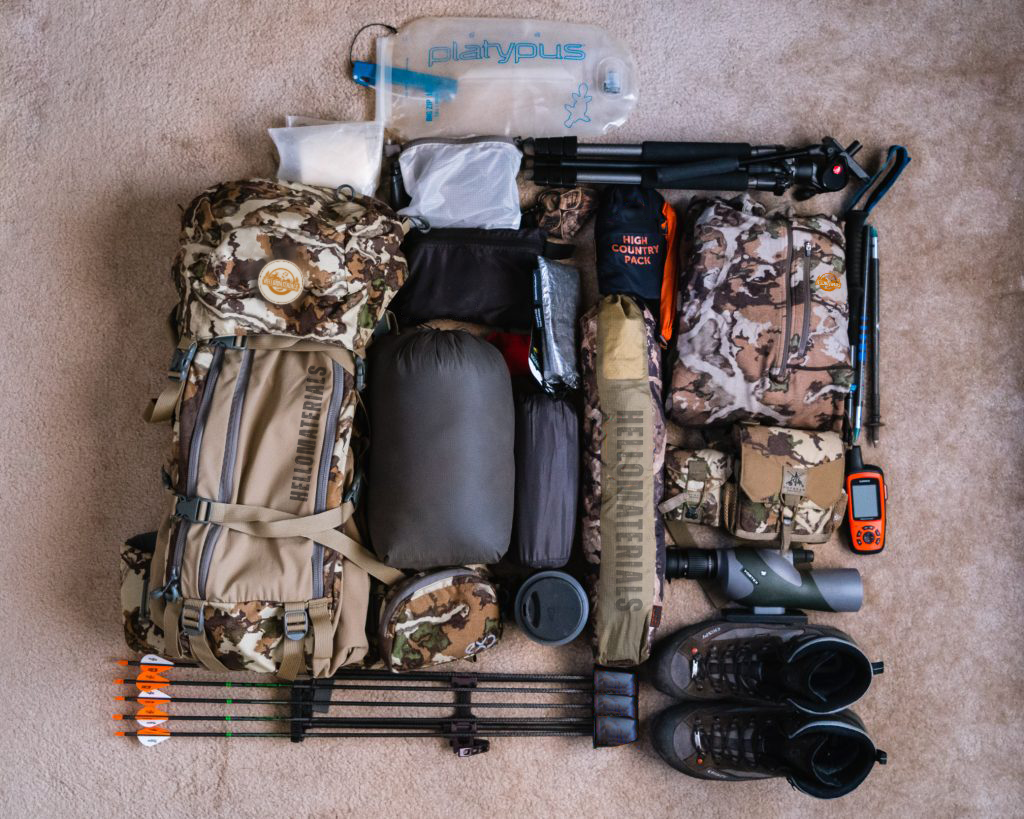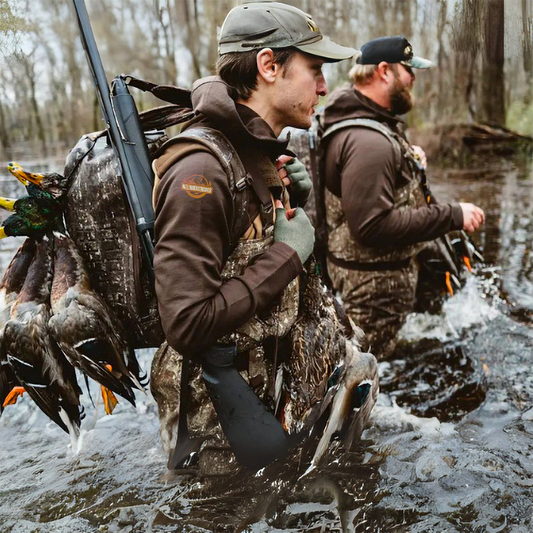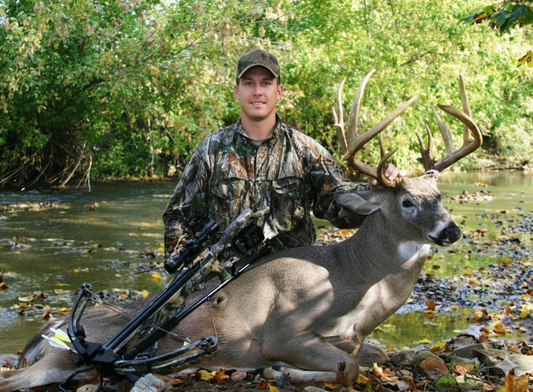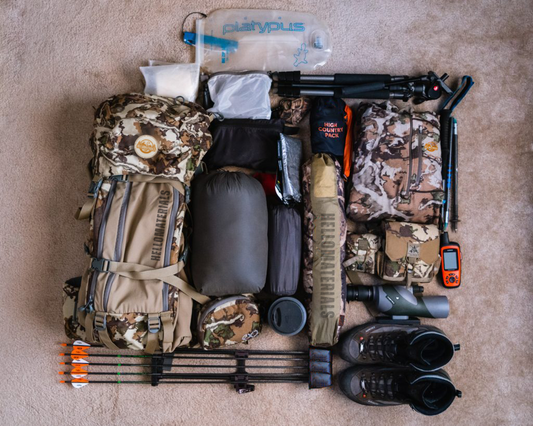Must-Have Gear for Your First Hunt: What You Really Need in the Field

As a beginner, your biggest question is probably: “What gear do I really need to get started?” The truth is, you don’t need a ton of money on the latest gadgets. What you do need is reliable, beginner-friendly gear that keeps you safe, comfortable, and focused on the hunt.
This guide walks you through the best hunting gear for beginners, along with some pro tips to help you make smart choices right from the start.
Welcome to the Hunt, Champ!
1. Reliable Hunting Boots
Ask any seasoned hunter, and they’ll tell you: uncomfortable boots can ruin a hunt. For beginners, look for boots that are:
-
Waterproof (because wet feet mean a short hunt)
-
Insulated for cold weather
-
Lightweight but supportive for long treks
Pro Tip: Break in your boots at least two weeks before opening day. Blisters in the field are no fun.
2. Beginner-Friendly Firearm or Bow
Picking out your first hunting weapon doesn’t have to be overwhelming. To help you choose with confidence, here’s a simple breakdown of beginner-friendly options:
Rifles
If you’re planning to hunt deer or other medium-sized game, a rifle is usually the go-to choice. For beginners, look for something with manageable recoil and affordable ammo.
-
.243 Winchester – Light recoil, accurate, and great for deer-sized game.
-
.270 Winchester – A little more power, still easy to handle, and versatile for different hunts.
Pro Tip: Stick with common calibers at first. You’ll find more affordable ammunition and better availability in local shops.
Shotguns
For small game, upland birds, or waterfowl, a shotgun is incredibly versatile. A pump-action is reliable, simple, and budget-friendly.
-
12-gauge – The most common and powerful, ideal for waterfowl and turkey.
-
20-gauge – Lighter recoil, making it a smart choice for beginners or smaller-framed hunters.
Pro Tip: Look for a shotgun with interchangeable chokes — it gives you more flexibility across different hunts.
Compound Bows
If archery hunting excites you, a compound bow is a great place to start. They’re highly adjustable, so you can match the draw weight to your strength and gradually increase it as you gain experience.
-
Start with a moderate draw weight (40–50 lbs) if you’re hunting deer.
-
Focus on proper form and consistent practice before heading into the field.
Pro Tip: Invest in a good release aid and practice shooting from realistic hunting positions — not just standing on flat ground at the range.
3. Optics: Binoculars & Scopes
Clear optics are worth every penny. For beginners:
-
Binoculars: 8x42 or 10x42 magnification gives a good balance of clarity and weight.
-
Scopes: A simple 3-9x40 rifle scope works well for most hunting conditions.
4. Camouflage & Clothing Layers
Forget the fashion show—your hunting clothes should do two things: blend in and keep you comfortable.
-
Start with a moisture-wicking base layer.
-
Add insulation depending on the season.
Finish with a camo outer layer suited to your hunting environment (woodland, desert, snow).
5. Backpacks & Essentials
You don’t need a massive tactical pack as a beginner. Look for a lightweight daypack that fits:
-
Water and snacks
-
First aid kit
-
Knife and game bags
-
Headlamp or flashlight
-
Extra ammo
6. Safety Gears
Hunting is thrilling, but safety always comes first. Make sure your kit includes:
-
Blaze orange vest/hat (required in most states)
-
First aid kit
-
Map/GPS & compass
-
Emergency whistle
Getting started in hunting doesn’t have to be complicated or expensive. With the right boots, a beginner-friendly firearm or bow, reliable optics, proper clothing, and a few safety essentials, you’ll be well-prepared for your first season. Remember, it’s not about having the flashiest gear, it’s about being safe, comfortable, and confident in the field.



